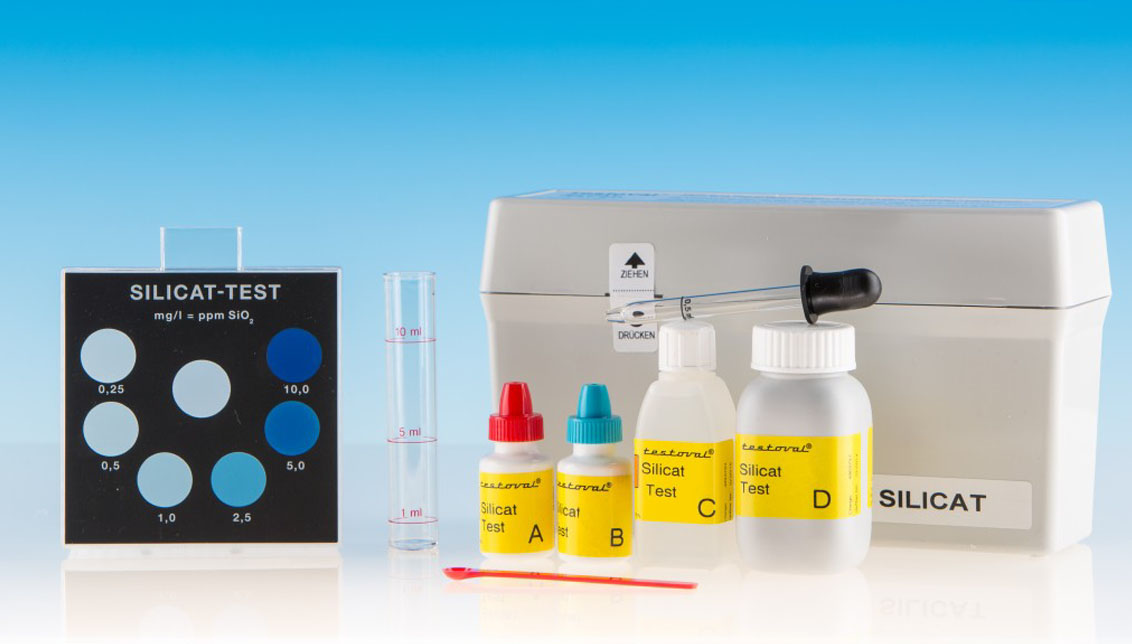Controlling the residual hardness of water is a crucial aspect of clinical water treatment, as it has a major influence on the function and service life of water-bearing systems and medical devices. Residual hardness, expressed in degrees of German hardness (°dH), describes the amount of dissolved calcium and magnesium ions in the water. These ions are the main cause of limescale deposits, which can lead to blockages and loss of efficiency in pipes and equipment.
In hospitals and clinics, monitoring residual hardness is particularly important, as hard water can impair the function of equipment such as autoclaves, steam generators and other medical systems. Limescale deposits not only increase the need for maintenance, but can also jeopardise hygiene, as microorganisms can multiply in the deposits. Targeted monitoring and regulation of residual hardness ensures that water-bearing systems function smoothly and that high hygiene standards are maintained.
Controlling residual hardness helps to minimise limescale deposits, maximise the efficiency of equipment and reduce operating costs. By regularly checking and adjusting the residual hardness, clinics and hospitals can ensure that their water-bearing systems remain in optimum condition at all times and do not compromise on water quality.
Filter products



